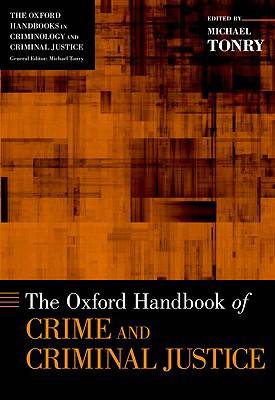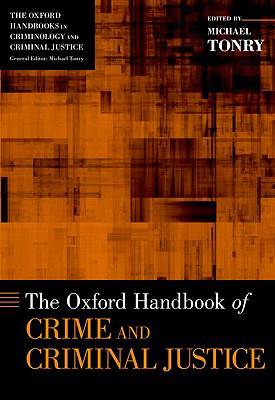
Bedankt voor het vertrouwen het afgelopen jaar! Om jou te bedanken bieden we GRATIS verzending (in België) aan op alles gedurende de hele maand januari.
- Afhalen na 1 uur in een winkel met voorraad
- Gratis thuislevering in België
- Ruim aanbod met 7 miljoen producten
Bedankt voor het vertrouwen het afgelopen jaar! Om jou te bedanken bieden we GRATIS verzending (in België) aan op alles gedurende de hele maand januari.
- Afhalen na 1 uur in een winkel met voorraad
- Gratis thuislevering in België
- Ruim aanbod met 7 miljoen producten
Zoeken
€ 293,95
+ 587 punten
Omschrijving
Although criminal justice systems in developed Western countries are much alike in form, structure, and function, the American system is unique. While it is structurally similar to those of other Western countries, the punishments it imposes are often vastly harsher. No other Western country retains capital punishment or regularly employs life-without-parole, three-strikes, or lengthy mandatory minimum sentencing laws. As a result, the U.S. imprisonment rate of nearly 800 per 100,000 residents dwarfs rates elsewhere. The Oxford Handbook of Crime and Criminal Justice is an essential guide to the development and operation of the American criminal justice system. A leading scholar in the field and an experienced editor, Michael Tonry has brought together a team of first-rate scholars to provide an authoritative and comprehensive overview and introduction to this crucial institution. Expertly organized, the various sections of the Handbook explore the American criminal justice system from a variety of perspectives-including its purposes, functions, problems, and priorities-and present analyses of police and policing, juvenile justice, prosecution and sentencing, and community and institutional corrections, making it a complete and unrivaled portrait of how America approaches crime and criminal justice, and giving persuasive answers as to why and how it has developed to what it is today. Accessibly written for a wide audience, the Handbook serves as a definitive reference for scholars and a broad survey for students in criminology and criminal justice.
Specificaties
Betrokkenen
- Auteur(s):
- Uitgeverij:
Inhoud
- Aantal bladzijden:
- 992
- Taal:
- Engels
- Reeks:
Eigenschappen
- Productcode (EAN):
- 9780195395082
- Verschijningsdatum:
- 29/09/2011
- Uitvoering:
- Hardcover
- Formaat:
- Genaaid
- Afmetingen:
- 180 mm x 249 mm
- Gewicht:
- 1791 g

Alleen bij Standaard Boekhandel
+ 587 punten op je klantenkaart van Standaard Boekhandel
Beoordelingen
We publiceren alleen reviews die voldoen aan de voorwaarden voor reviews. Bekijk onze voorwaarden voor reviews.












